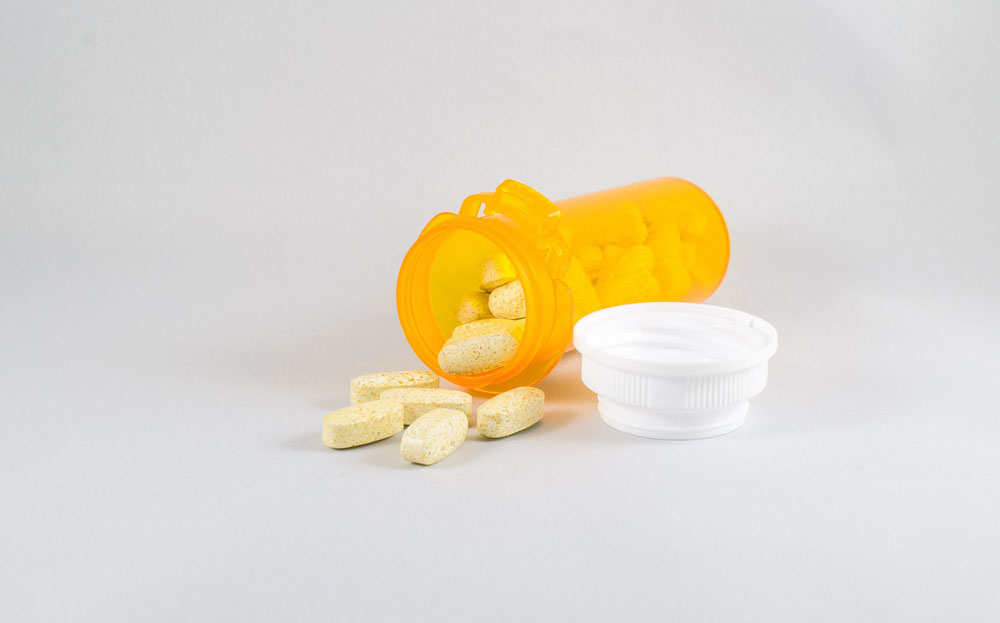Posted By:
Steve Parcell
Category:
Naturopathic Medicine
Niacin (vitamin B3) was one of the first drugs that was ever used to improve cholesterol levels. It was frequently used with good results before the introduction of statin medications. Now it is common for conventional medical doctors to tell patients to stop taking niacin and take statins instead.
When Statins for High Cholesterol Are Patient Incompatible
In 2019, Lipitor was the most prescribed drug in the United States and is still considere...






